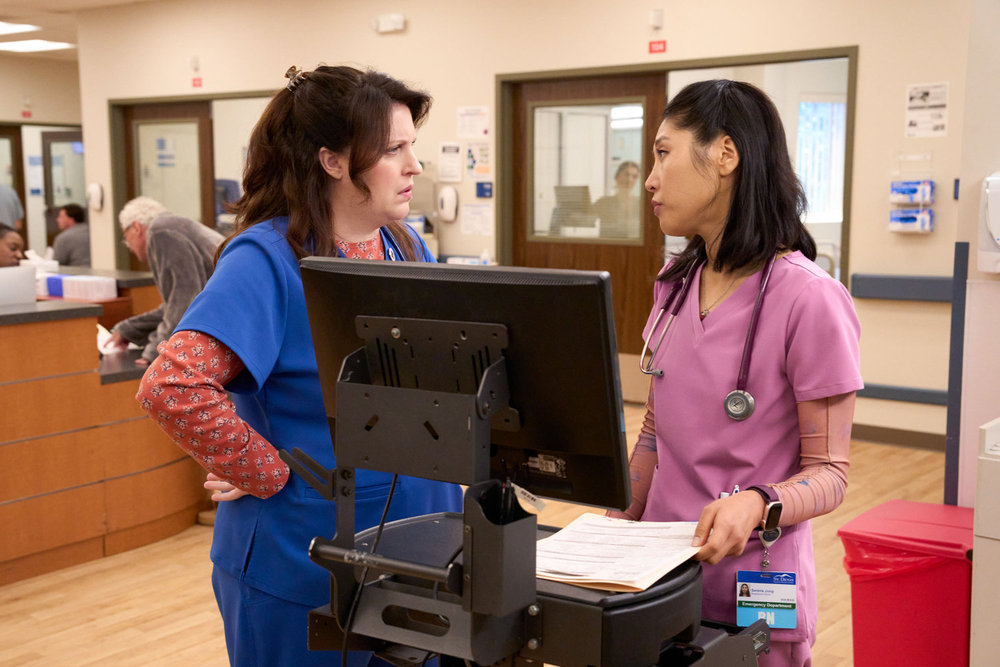Unlock the Editor’s Digest for free
Roula Khalaf, Editor of the FT, selects her favourite stories in this weekly newsletter.
People — especially but not exclusively the Americans who run bank research departments and financial data providers — can’t hear of a national election without wanting to know what it means for that nation’s stocks.
“Have the stocks gone up more under the blue team or the red team?” they ask. “Are right-leaning governments better or worse for the stocks than left-leaning governments?” “Which ideology is good for money?”
UK equity types are today fielding these questions for the eighth time in 30 years. They will probably have learned by now that it’s much easier to make some charts than to explain how each general election fit within economic cycles, drifting party politics and the FTSE’s changing character.
With that in mind, here are some charts.

“The [UK] market has shown a preference for ‘continuity’ immediately following elections, though stocks are typically higher in ‘change’ scenarios six months later,” says Citigroup. “On average the MSCI UK is up c6% six months after Labour victories. This compares to an average decline of c5% following Conservative wins.”
Goldman Sachs moves its window to three months on either side of election day. Based on some very wide averages it finds that UK stocks go up before a Conservative victory and down before a Labour victory, then go down afterwards no matter who wins.

Why the difference? Citi’s data starts with the 1979 general election. Goldman goes back to 1966 so its findings are skewed by 1974, whose two general elections (both won by Labour) were amid a polycrisis that crashed the UK market by more than 70 per cent.
Exclude 1974 from the Goldman data and there’s pretty much nothing between the parties:

So far, so inconclusive. Ah! says Citi. The domestically-oriented FTSE 250 has since 1979 typically outperformed the FTSE 100 following a Labour win:

The clearer trend identified by Citi’s data, as seen above, is that changing leadership in any direction is better in the long term than continuity. Maybe that’s down to populist quick-fix policies, or second-term inertia, or the civil service log jam faced by any incoming government. Perhaps it’s just a random finding hewn from a small, disparate data set. Who can say?
Another approach is to check whether it’s worth watching results day for a relief rally or uncertainty sell-off. Good luck. The last time UK stocks responded strongly to a general election result was 1992, when voters chose Tory despite the opinion polls pointing to a hung parliament or a narrow Labour victory:

The most market-moving general election this century was 2010, when the polls had correctly anticipated a hung parliament. Uncertainty may have contributed to market weakness that day — though so might the previous day’s trillion-dollar US flash crash.
Goldman’s conclusion is a model of even-handedness. UK stocks do better on average under Tory governments . . .

. . . but stocks have more often outperformed under Labour governments (ignoring 1974):

The contrasting results are in small part due to the “Black Wednesday” depreciation of the pound in 1992, which meant UK stocks went up while underperforming globally in absolute terms. There’s an argument for removing 1992 as well as 1974 from the data set, but after that it’s barely even anecdote.
This time around we have a UK equity market that brokers say offers good value, particularly around the domestics . . .

. . . and an election whose outcome, for most stocks, is either irrelevant or in the price already.
There are individual exceptions — will the NatWest retail share sale go ahead? What happens to water utility regulation now that Ofwat’s in purdah? Will a Labour government change the law around gig working, or zero-hours contracts, or take a tougher line with state services outsourcers? Might green energy companies suffer because of the Tories’ newfound cynicism of net zero? — though none of these uncertainties will matter at the FTSE level. Top-down, the question of who’s elected is either immeasurable, insignificant or irrelevant.
Because in the end, the performance of national stock benchmarks might occasionally say something useful about governments, but mostly won’t. Calculating the averages is a quick and easy way to understand the world while being, conceptually, dumb as a rock. We should try harder to stop doing it.
Further reading:
— A sellside guide to the economically inconsequential UK election (FTAV)





































:quality(85):upscale()/2026/02/02/039/n/1922564/ce817f75698139ba0ecb12.67285255_.jpg)






































